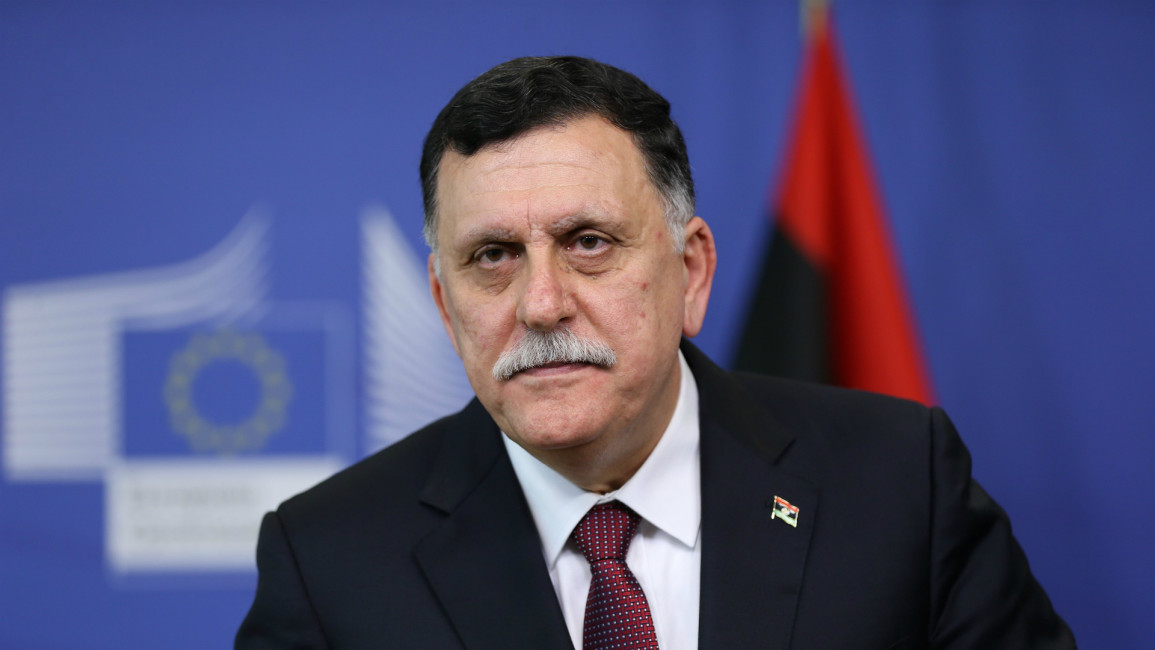UN-backed Tripoli government brokers ceasefire following violent clashes
Fighting broke out in eastern Tripoli on Thursday between two rival armed groups after one accused the other of kidnapping four of its members, according to LANA.
The Tripoli-based news agency said that authorities intervened following an appeal from families trapped by the fighting in the Abu Slim district of the city, with Tripoli's city centre also closed down amid the clashes.
In a statement on Saturday the GNA said that three committees had been set up in an effort to keep the peace after a ceasefire was brokered with assistance from town elders from Tarhuna and Gharian, south of Tripoli.
One committee will aim to ensure the cease-fire holds. Another, consisting of officials from the GNA's Health Ministry, will follow up on the conditions of those wounded. A third committee will assess damage.
The clashes, which erupted in the Libyan capital on Thursday and Friday, follow on from an alleged assassination attempt targeting GNA chief Fayez al-Sarraj near the Abu Slim district of the city on Monday 20 February.
Libya has descended into chaos since the toppling of longtime dictator Muammar Qaddafi in a NATO-backed armed uprising, leading to a proliferation of rival armed groups in the country, and two rival governments: one based in Tripoli, the other in the east of the country.
Extremist groups including the Islamic State group have also taken advantage of internal crises to establish footholds and bases in Libya.
On Saturday a number of Western states including Italy, France, Germany, the UK, and the United States reiterated their support for the GNC in a statement condemning violence "levelled against Prime Minister Sarraj and Libyan institutions" and "welcoming" news of the ceasefire.



